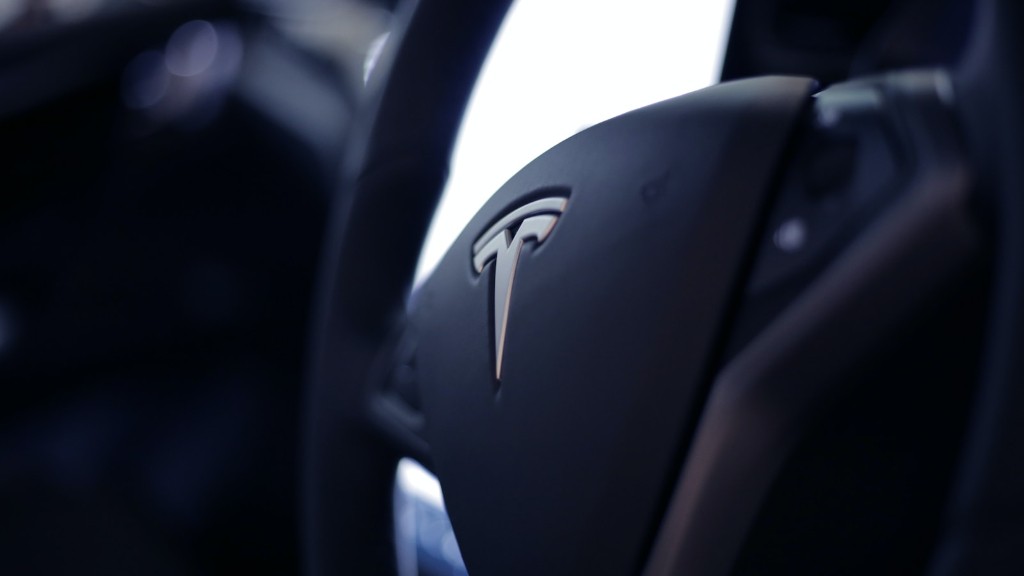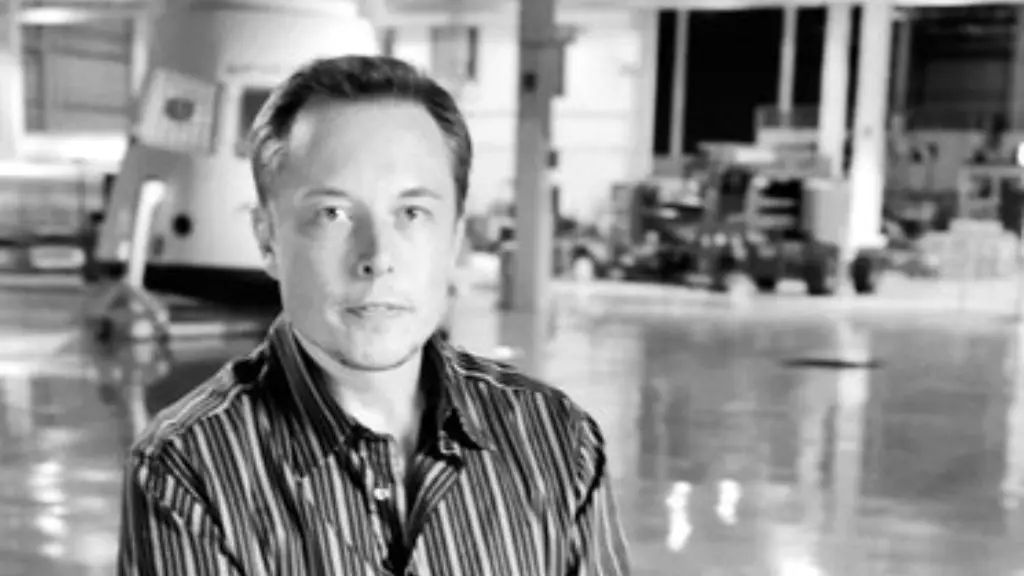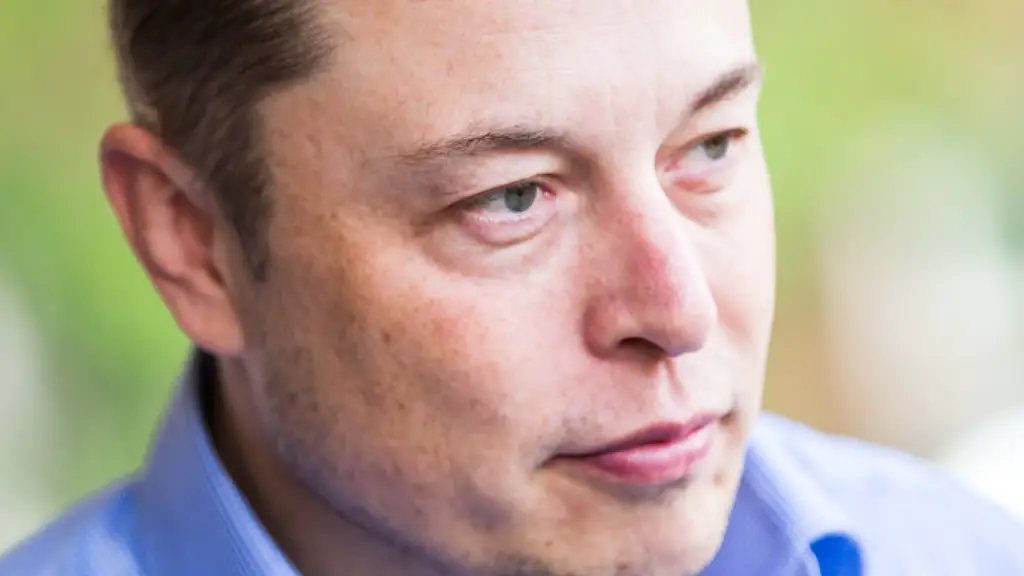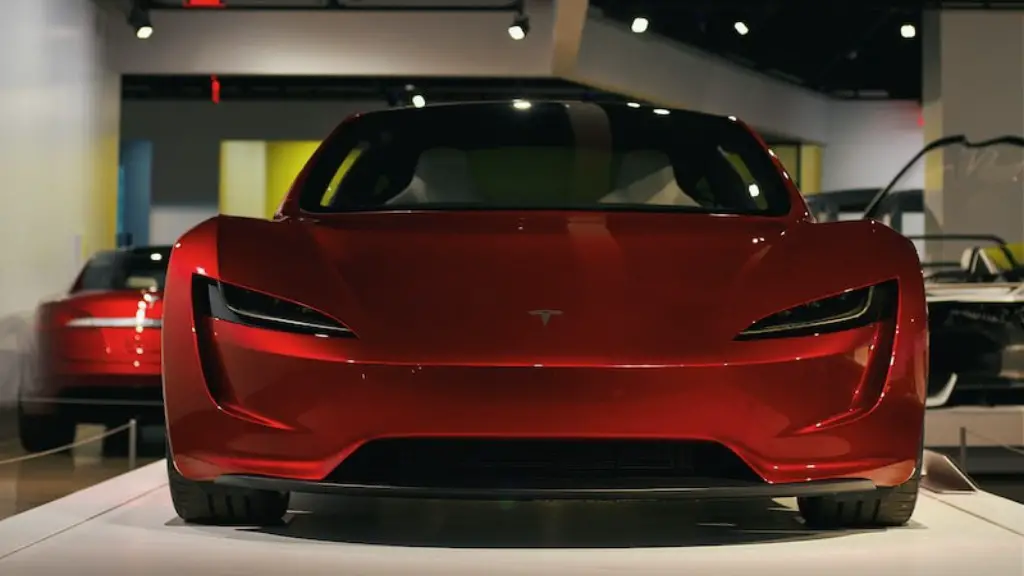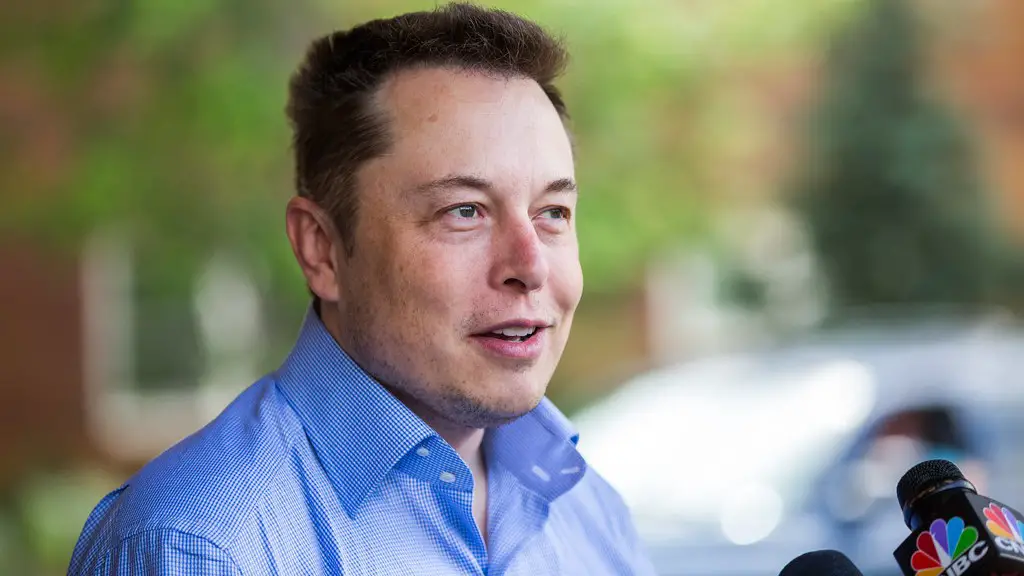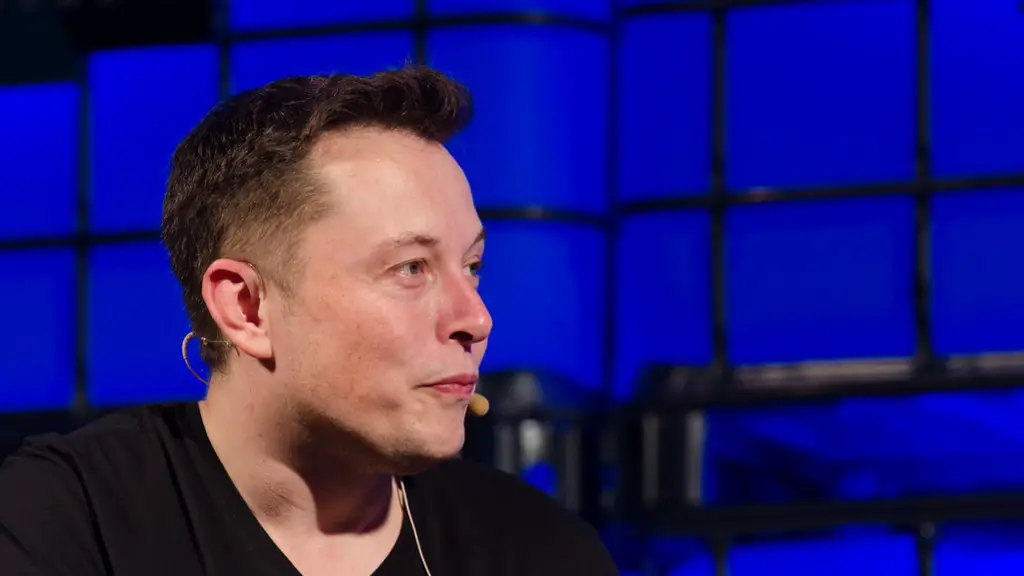Elon Reeve Musk is a South African-born business magnate, investor, scientist, inventor, and engineer. He is the founder, CEO and chief engineer/designer of SpaceX; co-founder, CEO and product architect of Tesla, Inc.; and co-founder of PayPal. As of 2021, he has an estimated net worth of US$210 billion, as well as being one of the wealthiest and most influential people in the world.He is often regarded as a bit of a ‘maverick’ in the tech industry, having pursued large bold and ambitious projects in a bid to reinvent modern technologies and change the world. But he is also a controversial figure, surrounded by questions of narcissism, ambition and whether he is the hero of modern innovation that some suggest he is.
The main psychological symptom associated with narcissistic personality disorder is grandiosity, characterized by an exaggerated sense of greatness and superiority. While grandiosity plays an important role in narcissism and can be observed in Elon Musk’s behaviour, other aspects, such as feeling unique and entitled, cannot be seen.
One of Musk’s characteristic behaviours is his grandiose language. For instance, instead of a goal of travelling to Mars, he said: “I want to die on Mars, just not on impact”. In addition, public statements like “we’re gonna make a car that has the capability of driving itself” imply an exaggerated sense of power and greatness, underlining why people have described him as narcissistic.
Moreover, Elon Musk is surrounded by controversy in the business world. His approach to firing employees and the way he runs his company Tesla, Inc. with an iron fist, have led some to view him as a villain in the business world. For example, his firing of Doug Field, Tesla’s Vice President of Engineering, without a warning and without warning other employees, suggests that he never cared about anyone else other than himself. The fact that he has also publicly declared his intention to buy out shareholders’ shares and keep a majority stake in Tesla is further evidence of his penchant for power.
However, there is also another way to view the psychological symptoms present in the personality of Elon Musk – not necessarily as evidence of narcissism, but as a result of his innovative and ambitious nature. Indeed, despite disagreements and difficult behaviour, Musk is usually able to achieve impressive results, and his vision has made him one of the most important minds of the 21st century.
In addition, scholars view Musk’s grandiose language as being a reflection of the developmental tension of his projects. His goal-oriented approach to innovation introduces a high level of difficulty, and in order to succeed his rhetoric must be inspirational and often grandiose. The tension between ambitious goals and the necessary rhetoric may contribute to the feeling of grandiosity associated with him.
His Motivations
Motivations behind Elon Musk’s grandiose behaviour and ambitions also need to be considered when thinking about the source of his narcissistic traits. Musk has repeatedly said that he wants to use his resources to make the world a better place, help humanity flourish and reduce global warming. This shows a more altruistic side, a side that is not associated with narcissism but with creativity, ambition and the pursuit of excellence.
Musk is also driven by self-preservation, a trait that is essential to achieve certain goals and is actually not associated with narcissism. When looking at important figures in history, like Richard Branson, Bill Gates and Steve Jobs, we observe that most successful people wished to protect their resources and investments, and their extravagant behaviour often involved lofty ambitions and goals – an approach which is present in Musk.
Ultimately, if we consider Elon Musk as a successful business person and a paramount figure of the 21st century, we can conclude that his grandiosity is not necessarily derived from narcissistic traits but rather from ambitiousness, creativity and a relentless aim for excellence.
Experts’ Perspectives
Experts have differing opinions regarding the issue of whether Elon Musk is narcissistic. Some view his ambition and grandiose behaviour as evidence of the disorder, while others believe that he is driven by other more positive traits such as creativity and resilience. According to psychoanalyst Bruce Ayres Smith, Musk’s grandiose behaviour could be seen as a symptom of his “ongoing commitment to ambition as a way of coping with anxiety”.
Similarly, psychotherapist Bryce King suggests that one should look at Musk’s behaviour in the context of his impressive achievements instead of pointing the finger of narcissism. According to King, Musk could fall in the “narcissistic spectrum of personality disorders”, but it is hard to ascertain without proper diagnosis. He suggests that “obsessively ambitious behaviour does not necessarily indicate a narcissist” and we should pay attention to the bigger picture instead.
Other experts, such as psychologist John McGuire, view Musk’s behaviour as a reflection of his own particular brand of genius. McGuire believes Musk’s attitude is a result of an “incredibly powerful drive” to achieve his goals. He cites Musk’s focus, drive and courage to take risks and stick to his convictions as evidence of his brilliance and not of narcissism.
Conclusion
It is difficult to definitively answer the question of whether Elon Musk is a narcissistic individual. While some argue that his ambitious, grandiose behaviour does indicate narcissistic traits, others point to his remarkable achievements, unique character and strong desire to make the world a better place as evidence that he is not a narcissist but rather a highly driven innovator.
Personality Traits
Narcissistic personality disorder (NPD) is a disorder that can cause an individual to display various traits, including grandiosity, superiority, and an inflated sense of power and control. The difference between those with narcissistic personalities and those without is the way in which the individual displays their feelings. An individual with NPD might express their superiority and power in public, whereas someone who doesn’t have NPD tends to keep their feelings of superiority and power to themselves.
The behavioural symptoms of NPD tend to involve manipulation and control, as well as a lack of empathy and concern for others. An individual with NPD can also display a sense of entitlement, meaning they believe they are “special” and should be entitled to privileges that others are not. Other common traits of NPD include arrogance and sensitivity. A person with NPD is often very sensitive to criticism, but may also be overly arrogant, believing they are the only ones with the unique skills and abilities to complete a particular task or project.
The question of whether Elon Musk is narcissistic depends on how one views the evidence. For example, some may argue that Musk’s grandiose behaviour is symptomatic of NPD, while others may suggest that it is the result of his unique approach to innovation and goal-oriented ambition. Ultimately, it is up to the individual to decide for themselves.
Cognitive Skills
Elon Musk is renowned for his ability to think outside the box and to come up with innovative ideas and solutions to difficult problems. Cognitive skills are an important element when considering Musk’s personality, as they are an important factor in his successes. Cognitive skills involve the ability to problem-solve, think logically, make decisions and estimate risk. Cognitive skills are essential for innovation, and the ability to think in unconventional ways is one of the hallmarks of the most successful entrepreneurs and business leaders.
Musk’s cognitive skills are exemplified by his approach to problem-solving. His willingness to take risks and challenge established ways of thinking allows him to come up with creative solutions and to tackle difficult problems in unique and innovative ways. He also has an impressive ability to stay cool under pressure and to think on his feet – both of which are essential for success in the business world.
In addition, Elon Musk is renowned for his ability to absorb and retain a vast amount of information. This allows him to quickly assess complex situations and make effective decisions. His ability to remember and recall information also enhances his analytical and problem-solving skills.
Ultimately, cognitive skills play an important role in the career of Elon Musk, and they are an indicator of his intelligence and ability to think innovatively. Cognitive skills are just as important, if not more so, than emotional traits such as narcissism when considering Musk’s success.
Current Project
Elon Musk’s latest project is Starlink, which is a satellite-based internet communication service. The project is currently in its beta testing phase, with first-generation satellites being deployed in low Earth orbit. The system is designed to provide a low-cost alternative to ground-based communication networks with global coverage, and has the potential to make internet access more available and reliable in areas that traditionally struggle to access the web.
The project is an ambitious one, requiring rocket launches and a complex network of satellites to provide internet access around the world. It is an example of Musk’s willingness to pursue difficult and ambitious projects, as well as his commitment to advancing innovation in the tech industry.
The project has already had some success, with users reporting streaming video and video calls working well in the beta testing phase. The ultimate goal is to provide global internet access, and Starlink could be the key to connecting people in remote locations who have traditionally lacked access to the web.
Starlink is a step into uncharted territory for Elon Musk, and for the tech industry as a whole. It is further proof that Musk is an innovator and is pushing the boundaries of the tech world with his ambitious projects.
